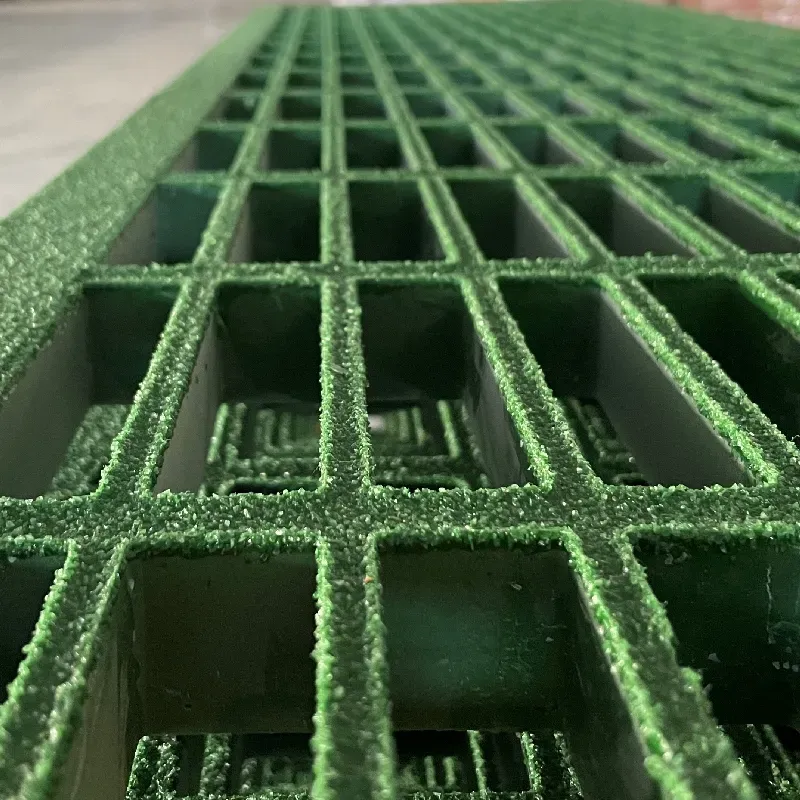loading...
- No. 9, Xingyuan South Street, Dongwaihuan Road, Zaoqiang County, Hengshui, Hebei, China
- admin@zjcomposites.com
- +86 15097380338
- Welcome to visit our website!
industrial water treatment
Industrial Water Treatment Essential for Sustainable Practices
Water is a vital resource for various industrial processes, serving as a coolant, solvent, and a medium for transporting materials. However, the increasing demand for water, coupled with the growing concern over environmental sustainability, has made industrial water treatment a critical component of modern manufacturing and production practices. This article explores the importance of industrial water treatment, the technologies involved, and the benefits of adopting sustainable practices in this domain.
The Importance of Industrial Water Treatment
Industries are one of the largest consumers of fresh water. Industries such as textiles, pharmaceuticals, food and beverage, and paper manufacturing require large volumes of water for their operations. As these operations produce wastewater, untreated effluents can lead to severe environmental issues, including pollution of rivers, lakes, and groundwater. This necessitates the implementation of effective water treatment systems to ensure water safety and compliance with environmental regulations.
Industrial water treatment involves a series of processes designed to remove contaminants and pollutants from water before it is released back into the environment or reused in the production process. Proper treatment not only protects ecosystems but also enhances the overall efficiency of industrial operations. Cleaner water can lead to improved product quality, reduced corrosion rates, and extended equipment lifespan.
Key Water Treatment Technologies
1. Physical Treatment Methods These methods include sedimentation, filtration, and flotation. Sedimentation involves allowing particles to settle out of water due to gravity. Filtration uses various media to physically remove suspended solids, oils, and greases. Flotation employs bubbles to lift contaminants to the surface for removal.
2. Chemical Treatment Methods Chemical processes like coagulation, flocculation, and disinfection are essential in treating industrial wastewater. Coagulants are added to water to clump together suspended particles, making them easier to remove. Disinfection, commonly through chlorine or ultraviolet light, is crucial for eliminating pathogenic microorganisms.
industrial water treatment

3. Biological Treatment Methods These involve the use of microorganisms to break down organic pollutants in wastewater. Techniques such as activated sludge processes and anaerobic digestion are popular in various industries. Biological treatment not only helps in degrading harmful substances but can also produce biogas as a byproduct, offering a renewable energy source.
4. Membrane Technologies Advances in membrane filtration techniques, such as reverse osmosis and nanofiltration, enable industries to achieve high levels of purification. These technologies are highly effective in removing dissolved solids, heavy metals, and other contaminants, making them suitable for water reuse applications.
Benefits of Efficient Water Treatment
The implementation of effective industrial water treatment systems yields numerous benefits. First and foremost, it ensures compliance with local and national environmental regulations, thus preventing hefty fines and legal issues. Additionally, industries that adopt water recycling and reuse strategies can significantly reduce their freshwater consumption and operational costs. For instance, treated wastewater can be repurposed for cooling systems or irrigation, contributing to substantial water savings.
Moreover, there is a growing market preference for companies that demonstrate a commitment to sustainability. Organizations that invest in green practices, including effective water treatment, can enhance their brand reputation and attract environmentally conscious consumers.
Conclusion
As industries continue to grow, the importance of water treatment cannot be overstated. With water scarcity becoming a global challenge, efficient industrial water treatment is essential for sustainable operations, compliance with regulations, and corporate social responsibility. By leveraging advanced technologies and adopting sustainable practices, industries can not only protect the environment but also enhance their competitiveness in the market. The future of industrial operations relies on a balanced approach that prioritizes water conservation and effective wastewater management, ensuring that this critical resource is preserved for generations to come.
-
The Rise of FRP Profiles: Strong, Lightweight, and Built to LastNewsJul.14,2025
-
SMC Panel Tanks: A Modern Water Storage Solution for All EnvironmentsNewsJul.14,2025
-
GRP Grating: A Modern Solution for Safe and Durable Access SystemsNewsJul.14,2025
-
Galvanized Steel Water Tanks: Durable, Reliable, and Ready for UseNewsJul.14,2025
-
FRP Mini Mesh Grating: The Safer, Smarter Flooring SolutionNewsJul.14,2025
-
Exploring FRP Vessels: Durable Solutions for Modern Fluid HandlingNewsJul.14,2025
-
GRP Structures: The Future of Lightweight, High-Performance EngineeringNewsJun.20,2025
